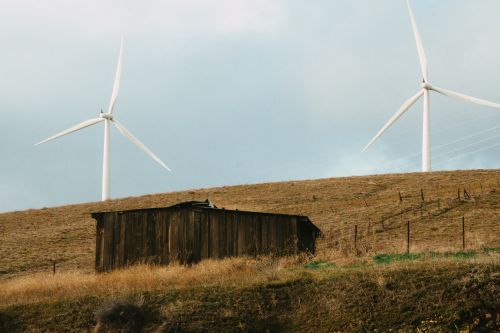425

Renewable Energy Production in Agriculture Has Become a Core Component of Economic Competitiveness
According to AFIR (2024), more than 1,800 farms have submitted applications for funding under Measure DR-37 – Renewable Energy in Agriculture, with the average project value amounting to €120,000. The return on investment depends on the size of the farm, self-consumption, and the price of grid electricity, while the average payback period ranges between 5 and 8 years. Renewable energy is becoming a strategic resource for Romanian farms.
The Ministry of Agriculture and Rural Development (MADR) estimates that the implementation of photovoltaic systems and micro wind turbines can reduce farm operating costs by 15–25% and carbon emissions by more than 30%. At the same time, the integration of renewable energy contributes to the stability of the food supply chain, offering farmers better control over energy costs and supply security.
European programs such as the Green Deal and REPowerEU support these investments through non-reimbursable grants, yet their success depends on the farmers’ capacity to manage complex technical projects. Cooperation among producers, installation companies, and local authorities has become an essential condition for efficiency.
Renewable energy is no longer a “pilot project,” but a fundamental element of the modern farm. In a volatile economy, energy autonomy means economic security.
(Photo: Freepik)




